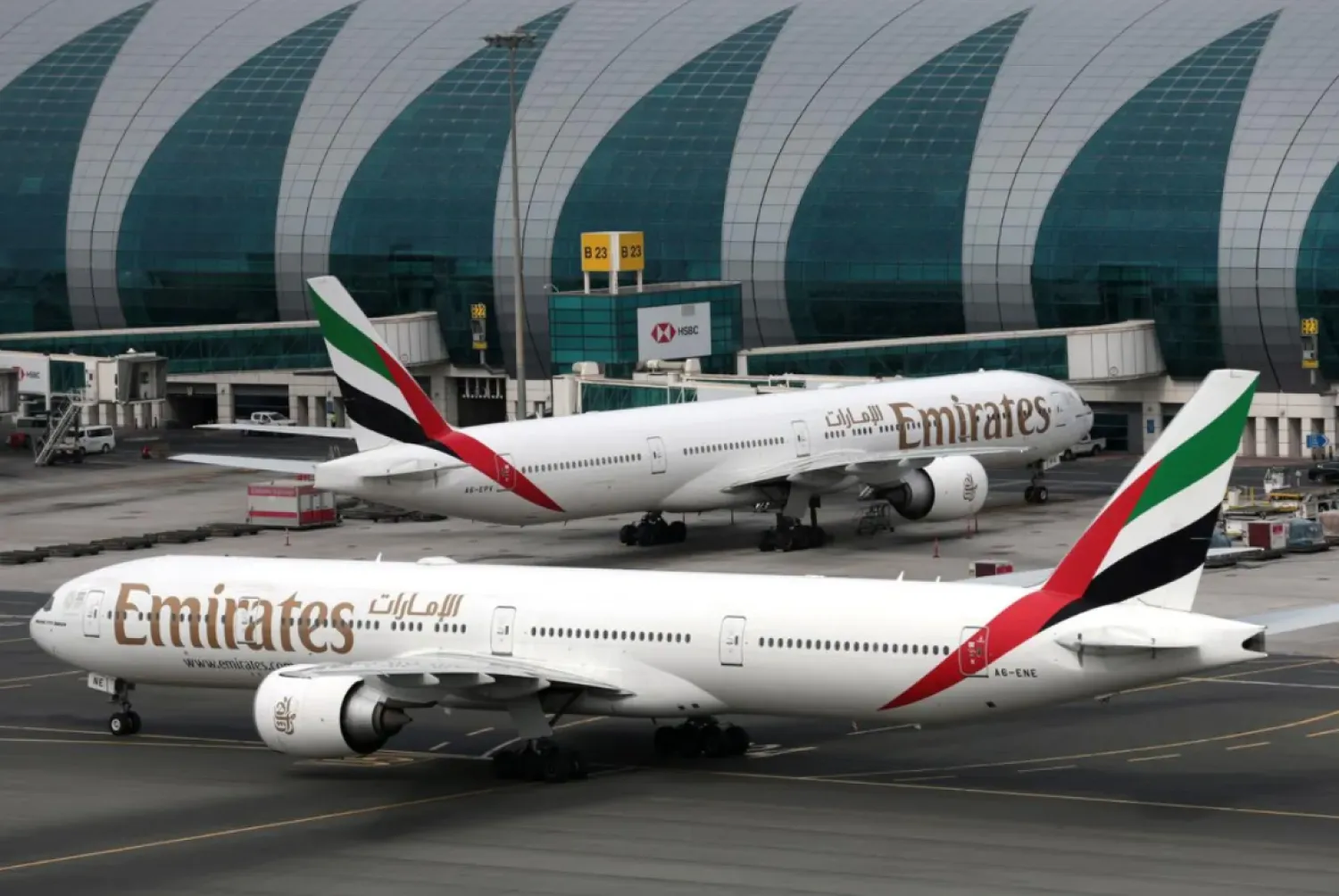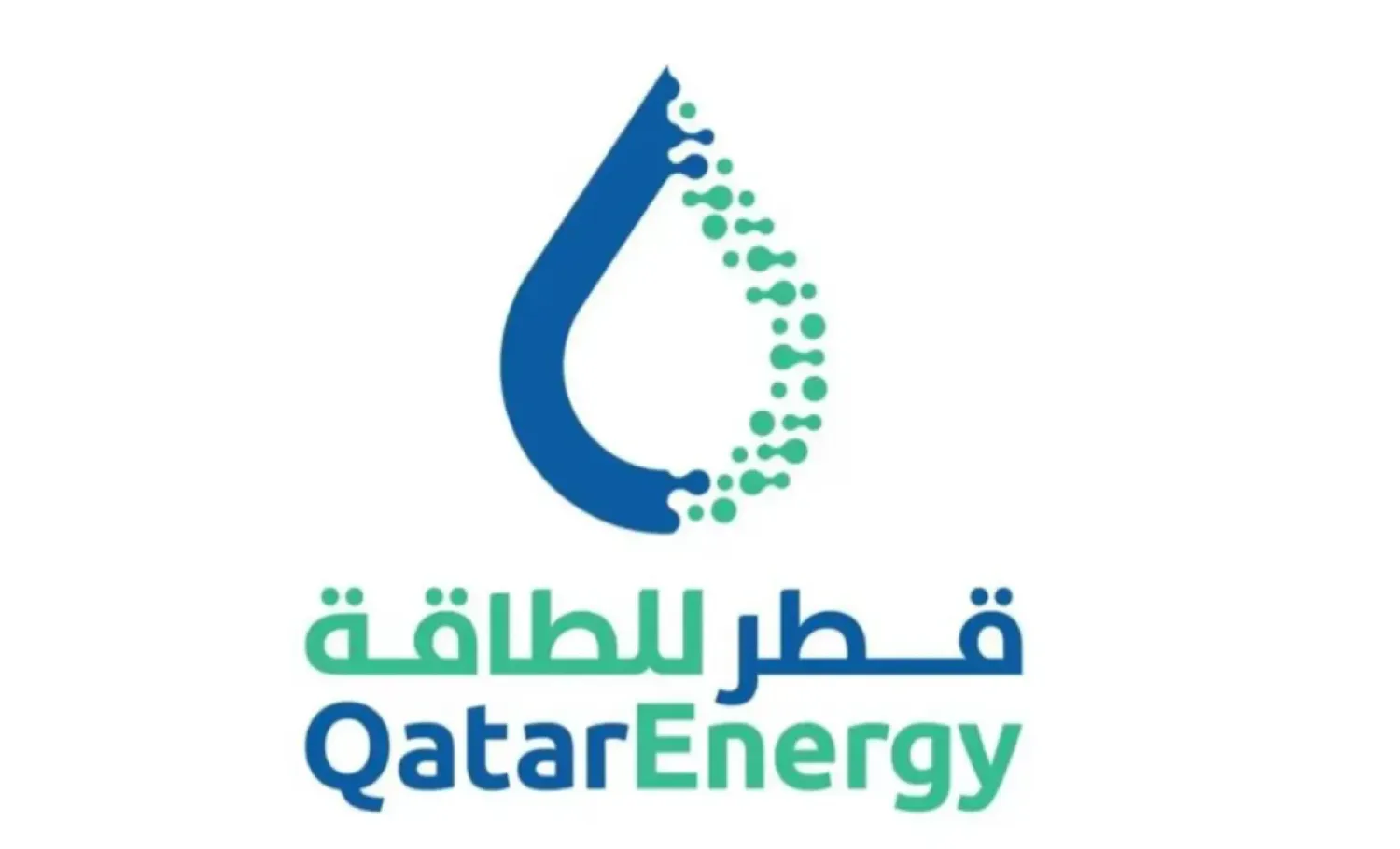Azfar Shakeel, CEO of Lumi Car Rental, highlighted the company’s efforts to revolutionize mobility for individuals and businesses within and outside Saudi Arabia by leveraging digital innovation in land transportation. He emphasized that Lumi’s strategic vision is focused on driving sustainable, long-term growth in the Kingdom’s rapidly evolving transportation sector.
In an interview with Asharq Al-Awsat, Shakeel outlined key objectives such as digitizing rental processes to enhance efficiency, streamlining used car sales through digital platforms, utilizing data for informed decision-making, and optimizing fleet usage.
The CEO of Lumi explained that the company’s strategy is designed to ensure continuous revenue, regardless of market conditions.
Lumi’s success is built on maintaining and expanding current operations while seizing new opportunities, particularly through corporate and government partnerships and large-scale projects under Saudi Vision 2030, he stated.
“With this in mind, this year we signed an agreement with IoT solutions provider Saferoad to deliver data-driven technical assistance to streamline our fleet services in Saudi Arabia. This partnership is in line with Lumi’s strategy to lead the digitalization of the Kingdom’s land transportation sector. The newly signed agreement will enable Lumi to drive digital innovation in the land transportation sector by providing the latest services to our customers using enhanced technologies in the car rental sector,” he added.
Shakeel added that Lumi is enhancing its short-term rental business through a multi-channel infrastructure, including mobile apps, a website, a call center, and WhatsApp services, all aimed at improving operational efficiency and profitability.
Lumi, which operates 41 branches in 18 Saudi cities, integrates digital services aligned with global best practices. Shakeel emphasized the importance of collaborating with companies that share similar approaches to offer innovative services. He noted that the growth of Saudi Arabia’s economy and tourism sector, fueled by Vision 2030, positions the car rental industry to play a key role in this dynamic environment.
The CEO of Lumi attributed the car rental market’s future growth to the expansion of Saudi tourism and the government’s initiatives to position the country as a global logistics hub.
He revealed that Lumi’s profits reached SAR 160 million ($42.6 million) in 2023, an increase of SAR 17 million ($4.5 million). He credited the company’s focus on its core sectors—corporate and government rentals, daily rentals, and used car sales—as key to its profitability.
Shakeel also highlighted Lumi’s commitment to keeping pace with technological advancements and ensuring a seamless customer experience.
“Our goal is to be the first choice for customers seeking a smooth, digital experience when renting or purchasing used vehicles,” he said.









